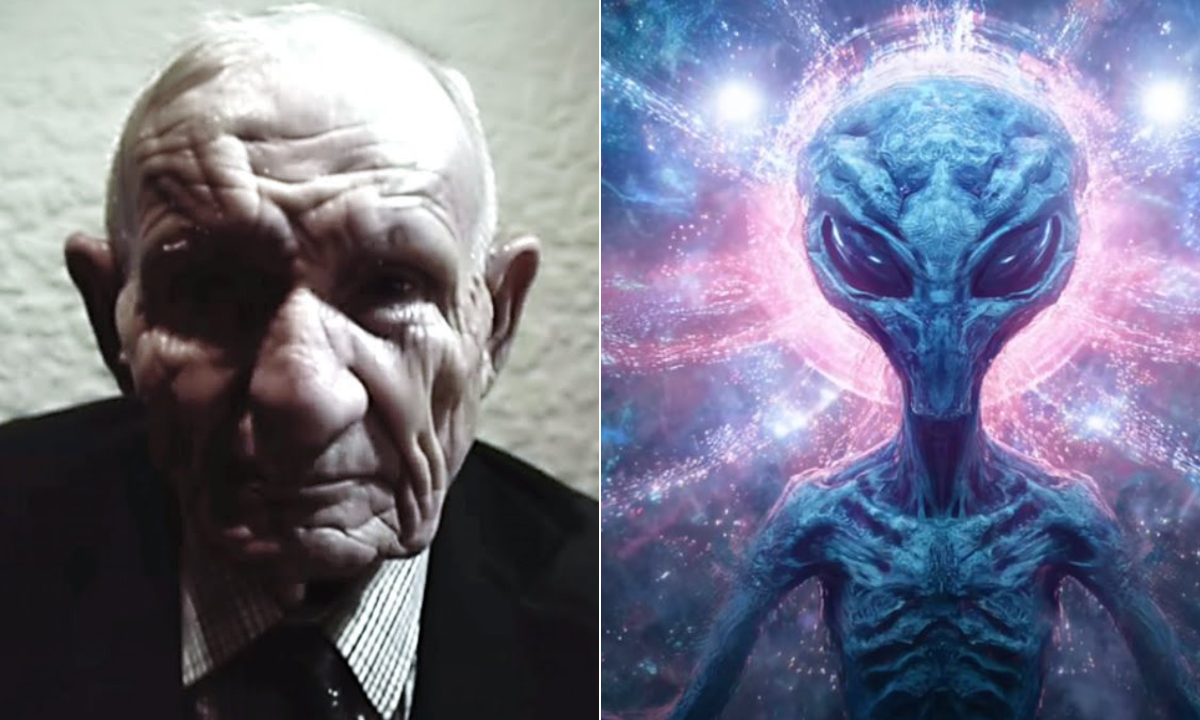**From Desert to Oasis: Burkina Faso’s Bold Green Vision Under Ibrahim Traoré**

In a world grappling with the dire consequences of climate change, Burkina Faso is emerging as a beacon of hope, demonstrating that even the most parched lands can be rejuvenated. Under the visionary leadership of President Ibrahim Traoré, the nation is spearheading a groundbreaking initiative aimed at reversing the tide of desertification that threatens its very survival. With a commitment to restore over 300,000 hectares of degraded land by 2030, Burkina Faso is not just dreaming of greener pastures; it is actively cultivating them.
Desertification has long loomed like a dark cloud over Burkina Faso, a country nestled in the Sahel, a semi-arid region plagued by erratic rainfall, prolonged droughts, and rising temperatures. The consequences are dire: diminished crop yields, food insecurity, and a mass exodus of communities seeking more fertile ground. But instead of succumbing to despair, Burkina Faso is rallying its citizens and international partners to reclaim their land.
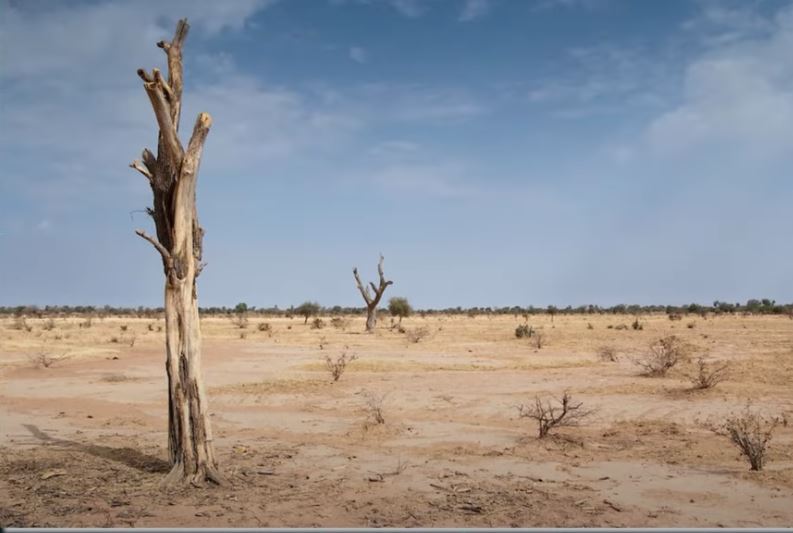
The Burkina Faso Land Restoration and Resilience Program, supported by organizations like the World Bank and the Great Green Wall Initiative, represents a monumental leap toward environmental recovery. With a robust budget exceeding $100 million, this program is not just about planting trees; it’s about reshaping the very fabric of rural life. Through innovative strategies such as agroforestry, reforestation, and climate-smart agriculture, the initiative is breathing life back into the soil and empowering local communities.
At the heart of this transformation is agroforestry, a revolutionary approach that integrates trees into agricultural systems. Farmers are being trained to plant drought-resistant species like the moringa tree, known for its nutritional benefits and resilience. This not only restores soil fertility but also provides essential resources for struggling families. As farmers embrace these techniques, they are not merely combating desertification; they are cultivating a sustainable agricultural model that promises long-term benefits.
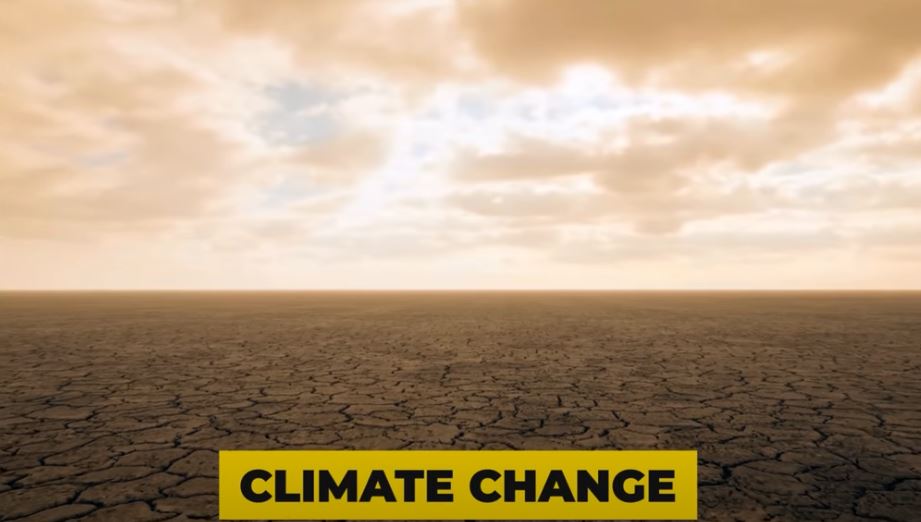
Reforestation efforts are equally pivotal. Women’s cooperatives are leading the charge, planting thousands of trees in some of the most arid regions. This grassroots movement is not only restoring the land but also creating green jobs and fostering a sense of community empowerment. As these women nurture the trees, they are sowing seeds of hope for future generations, proving that environmental restoration can go hand in hand with economic independence.
Moreover, the program emphasizes climate-smart agriculture, teaching farmers to harness rainwater through innovative water harvesting techniques. This ensures that crops can thrive even in the face of unpredictable rainfall, reducing reliance on erratic weather patterns. The integration of livestock management practices further supports land restoration, promoting sustainable grazing that protects soil health while enhancing farmers’ livelihoods.
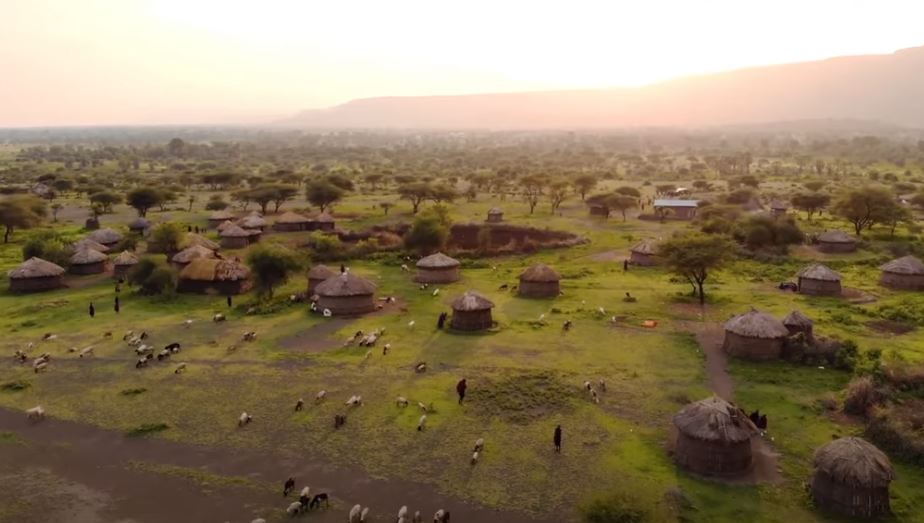
The social impact of Burkina Faso’s initiative is profound. By restoring the land, the program is directly improving food security and reducing the need for migration. Young people are gaining valuable skills in sustainable agriculture, enabling them to find employment in their communities rather than seeking opportunities abroad. This shift is crucial for social stability and economic growth, fostering a sense of belonging and purpose among the youth.
As Burkina Faso leads the way, its success is inspiring neighboring countries in the Sahel, such as Mali and Niger, to adopt similar practices. The collaborative spirit embodied in the Great Green Wall Initiative highlights the importance of regional cooperation in combating desertification. By integrating indigenous knowledge with modern techniques, Burkina Faso is crafting a holistic solution that resonates beyond its borders.
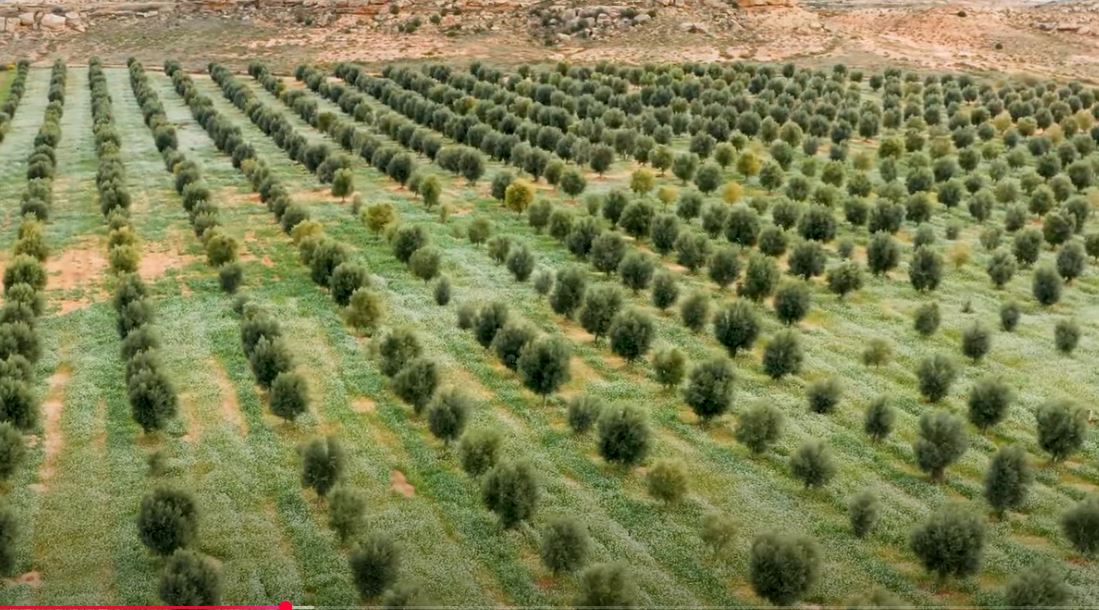
International recognition of Burkina Faso’s efforts is growing, attracting investments from global partners eager to support this transformative journey. The message is clear: if Burkina Faso can reclaim its land, so can other nations facing similar challenges. The ripple effects of this initiative could reshape the future of the entire Sahel region, offering a blueprint for resilience in the face of climate adversity.
As the world watches, Burkina Faso stands on the precipice of a green revolution, showcasing the power of collective action and innovative thinking. With continued support and collaboration, the nation is poised to meet its ambitious goals by 2030, proving that even in the harshest climates, hope can flourish, and transformation is possible. The time for change is now, and Burkina Faso is leading the charge into a greener, more sustainable future.
